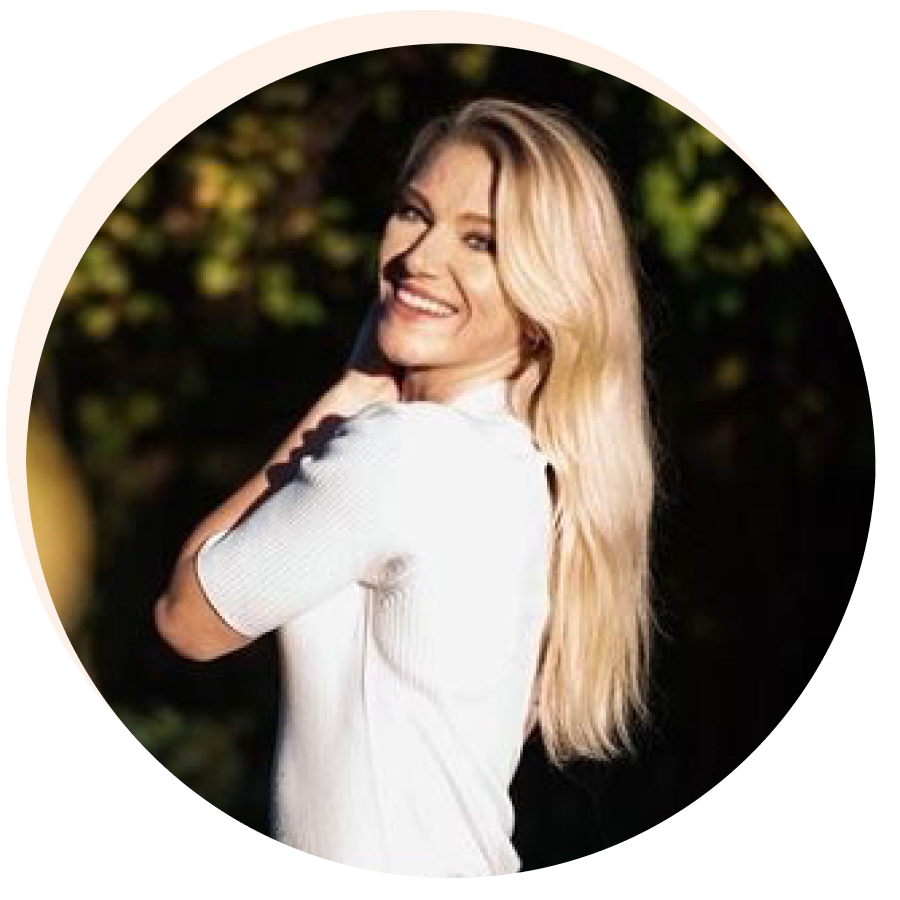![[Translate to Englisch:] Porträtfoto Max Ciolek](/fileadmin/user_upload/Geschichten/Geschichten-internal_Max_Ciolek_01.png)
Max Ciolek
Former member of the Council of Victims and Survivors
The group members realise that they're not alone
Self-help groups provide a safe place where victims of sexualised violence can talk to each other and give each other new hope. A conversation with Max Ciolek, who set up a self-help group for men.
About Max Ciolek
Max Ciolek has been a member of the Council of Victims and Survivors of the Independent Commissioner for Child Sexual Abuse Issues since 2020. In that same year he set up a self-help group for male victims of sexualised violence. Max is a graphic designer and singer who has been involved in the cultural sector in Osnabrück for many years.
As someone who has suffered sexual violence, what does self-help mean for you, Mr Ciolek?
I have always felt how incredibly good it is for me to talk about sexualised violence. But before I set up the group in Osnabrück, I had not come across the topic of self-help. I dealt with my own history of abuse in waves. Two years ago, I realised that I could now give something back and do something about the issue. That's why, in 2020, I became a member of the Council of Victims and Survivors at the Independent Commissioner for Child Sexual Abuse Issues, and in the same year I founded the self-help group for men.
In what way has your involvement with other victims helped you?
What helped me the most was being able to talk about it. After hearing other people's stories, I realised that I had already come a long way towards coping. I learnt that it's not about giving advice, but just about listening. Things happen when they can happen.
In our self-help group, men can show their weaknesses and are not laughed at, but are respected. That alone is an experience: I don't have to play the tough guy, I can be seen to be vulnerable.
Talk us through a session: What can one expect?
At the start of the session we usually flash a light as people come in. Everyone talks about how they are feeling right now and what's going through their minds. Then we ask if there is something that weighs particularly heavy on them and if they want to talk about it in detail. In our self-help group we're all equal, and we make decisions together. There is not one person who's in charge or has the chair. Because we all share similar experiences, the group members realise they're not alone. They suddenly see things in a different light and feel comfort and the strength to keep going.
What can self-help groups do, and what are their limits?
First of all, it is important to make it clear that a self-help group is not an alternative to therapy – even if it can achieve a great deal and provide support in addition to therapy. For a short time there was a person in our group who admitted that he had a problem with addiction. He soon realised himself that the self-help group was not the right place for him. But we would have talked to him about it if he hadn't.
In what way is a self-help group for men different from other groups?
Talking about their own feelings is still not something that comes easy for many men. I think that's why it's important to have a group just for men. It is a place where men can show their weaknesses and are not laughed at, but are respected. That alone is an experience: "I don't have to play the tough guy, I can be seen to be vulnerable". But that's something every participant has to decide for themselves.
How do I find a service that's right for me if I have experienced sexual abuse?
Many districts have self-help contact points that offer an overview of all the services in the area. People can now also find the right self-help group online quite easily. A good point of contact is the Sexual Abuse Help Portal, for example, or the lists of the Germany-wide NAKOS Information and Referral Centre.
Victims increasingly also talk to each other online. How would an online self-help group work?
Unlike, for example, with self-help groups for certain diseases, emotions play an important role when it comes to sexualised violence. It's all about putting your feelings into words. I think that's not as easy online. But I am dreaming of a platform where people get information and talk about their experiences. That's why I am currently in the process of setting up my own website aufzubauen. I believe that the whole of society must learn to talk about the issue of sexualised violence. Statistically, we all know a child affected by it and probably even a perpetrator.
Would you have any advice for other survivors looking to set up a self-help group?
I would encourage everyone to start a self-help group if there isn't one in your area. A self-help group does not need a leader who is particularly competent in this regard – really, anyone can do it. I would advise people to network right from the start. And that they take a little look around to see what's there already, and where there are people who do similar things. In my case, I got in touch with the Office for Self-Help and Voluntary Work in our district. It definitely makes sense to take advantage of all the help that's out there. Online, locally or using the "Starthilfe zum Aufbau von Selbsthilfegruppen" (Help for Setting Up a Self-Help Group)guide published by the NAKOS Referral Centre.
What encourages you when it comes to self-help?
The things I experience in the group encourage me. We now had our first meeting after a long break, and many people said: "It's so good to be back here and talking to you all". Even though we've only met five times, the group is already very important to me. Having the self-help group as a kind of home and safe place is something that I feel is very special.
Give us a call – even if you're unsure
Talk to the advisors of the Sexual Abuse Help Line. Your call is anonymous and free of charge.
Telephone hours:
Mon, Wed, Fri: 9 a.m. to 2 p.m.
Tues, Thurs: 3 p.m. to 8 p.m.
This offer is not available in English
If you need advice, please contact the Sexual Abuse Helpline (0800 22 55 530). Telephone advice is also available in English.



![[Translate to Englisch:] Porträtfoto Lisa Fahrig](/fileadmin/user_upload/Geschichten/Slider/Geschichten-slider__Lisa_Fahrig-1.png)

![[Translate to Englisch:] Porträtfoto Tanja von Bodelschwingh](/fileadmin/user_upload/Geschichten/Slider/Geschichten-slider_Tanja_v_Bodelschwingh.png)
![[Translate to Englisch:] Porträtfoto Barbara Kavemann](/fileadmin/user_upload/Geschichten/Slider/Geschichten-slider_Barbara-Kavemann.png)
![[Translate to Englisch:] Porträtfoto Max Ciolek](/fileadmin/user_upload/Geschichten/Slider/Geschichten-slider_Max_Ciolek.png)
![[Translate to Englisch:] Porträtfoto Petra Ladenburger](/fileadmin/user_upload/Geschichten/Slider/Geschichten-slider_Ladenburger.png)
![[Translate to Englisch:] Porträtfoto Pia Witthöft](/fileadmin/user_upload/Geschichten/Slider/Geschichten-slider_Pia-Witthoeft2.png)